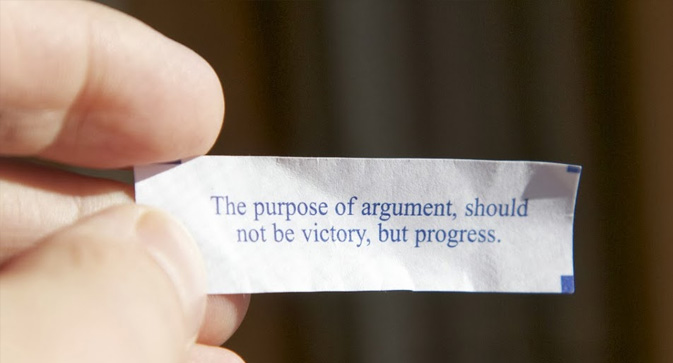 Chatty Cathy
Chatty Cathy
I have always loved to talk, and be heard for that matter. The rules and the dance of general communication fascinate me, especially now that our global culture has added the technological piece. Although I was never on the debate team in high school (scratching my head on that one), a good argument stirs something wonderful in me. I enjoy hearing differing opinions, chewing on them, accepting or rejecting points and pieces that I have previously failed to consider, and naturally, offering my own thoughts and experiences on a matter. It’s a wonderfully engaging form of education and personal growth.
Comm. 101
Moreover, I have been intrigued and admittedly irritated when individual or group dynamics fail to adhere to basic and polite communication guidelines: maintain eye contact when someone is speaking, turn your body toward the individual with whom you are speaking, don’t interrupt, validate you are listening with verbal and nonverbal cues, and paraphrase what you have heard for the sake of accurate communication and affirmation. The breakdown here happens ALL THE TIME and as a culture we are getting less and less effective at interpersonal communication. As a warm-blooded species we are falling short in the realm of conversational volley.
Who Let the Dogs Out?
In this era where the traditionally marginalized sectors of our community alongside the mainstream are more celebrated and encouraged to offer opinion, more often than not, communication involves disagreement. At what point does the theoretical and philosophical nature of a conversation get twisted and turned to the point where space is made to have hurt feelings and beget grudges? Right there in the space where we internalize and begin to take things personally.
Recently, I have had to ponder this very thing based on some very uncomfortable communicative exchanges with people in my inner circle. These conversations have caused relational damage, anger, disappointment, and a great deal of offense. These instances have insisted I step back from the conversation and do some serious reflection. Here I am, degreed in the art of communication and counseling and I am seemingly failing in the very realm where I claim to be somewhat expertised! Arghh!
When It Gets Heated
After a time of deescalation and paled emotionality, I have come up with the following basic communication rules for disagreement.!
- Don’t avoid it – everyone is entitled to the way they think or feel about a subject matter.
- Keep it in the “I” – use “I feel, think, believe” statements. This way the other party doesn’t feel put upon by your stance.
- Validate but don’t personalize – let the other person know you are hearing them and you respect their position but you don’t need to internalize their position.
- Agreement is NOT NECESSARY – People mistake agreement with condoning a position; this simply isn’t the case. Cliche as it sometimes seems, “Agree to disagree”.
- Evaluate the charge – pay attention to non-verbal communication including volume, tone, and speed of you and your counterpart’s speech. If either of you are clearly becoming heated, address it. BREATHE DEEPLY, excuse yourself for a moment, make a joke, lighten it up and bring the space back into control. Ask yourself why you are reacting ( you’ll have to deal with that later). Decide if the topic needs to be tabled for the time-being and be clear about when you will come back to it. In a more personal situation, tread lightly in a spirit of COMPASSION. If a person understands that you are really trying to understand where they are coming from, they are much more likely to give you a healthy response and hard feelings can be avoided.
- Leave on a positive note – hugs and handshakes are good things.
Just remember we do not have to be afraid of communication that makes us uncomfortable; these are the moments where we find the most satisfying personal and professional growth.
Tell me, how do you typically handle uncomfortable communication? Where does this come from?
